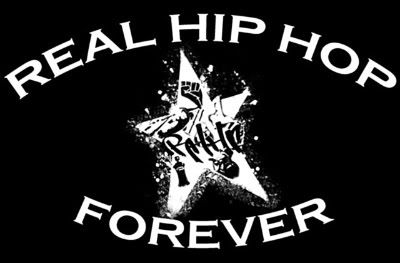the dictionary definitions of the terms suggest that "liberal" refers to favoring change and "conservative" refers to favoring conservation of currently held doctrine, however, an etymological dictionary suggests otherwise for the definition of liberal:
Quote (etymology dictionary)
c.1375, from O.Fr. liberal "befitting free men, noble, generous," from L. liberalis "noble, generous," lit. "pertaining to a free man," from liber "free," from PIE base *leudheros (cf. Gk. eleutheros "free"), probably originally "belonging to the people" (though the precise semantic development is obscure), from *leudho- "people" (cf. O.C.S. ljudu, Lith. liaudis, O.E. leod, Ger. Leute "nation, people"). Earliest reference in Eng. is to the liberal arts (L. artes liberales; see art (n.)), the seven attainments directed to intellectual enlargement, not immediate practical purpose, and thus deemed worthy of a free man (the word in this sense was opposed to servile or mechanical). Sense of "free in bestowing" is from 1387. With a meaning "free from restraint in speech or action" (1490) liberal was used 16c.-17c. as a term of reproach. It revived in a positive sense in the Enlightenment, with a meaning "free from prejudice, tolerant," which emerged 1776-88. Purely in ref. to political opinion, "tending in favor of freedom and democracy" it dates from c.1801, from Fr. libéral, originally applied in Eng. by its opponents (often in Fr. form and with suggestions of foreign lawlessness) to the party favorable to individual political freedoms. But also (especially in U.S. politics) tending to mean "favorable to government action to effect social change," which seems at times to draw more from the religious sense of "free from prejudice in favor of traditional opinions and established institutions" (and thus open to new ideas and plans of reform), which dates from 1823.
so it seems it is clear now that the dictionary definition of liberal is just a version twisted for the purposes of US politics... but it gets even more strange:
Quote (the same dictionary)
conservative Look up conservative at Dictionary.com
as a modern political tradition, conservatism traces to Edmund Burke's opposition to the Fr. Revolution (1790), but the word conservative is not found in his writing. It was coined by his Fr. disciples, (e.g. Chateaubriand, who titled his journal defending clerical and political restoration "Le Conservateur"). Conservative as the name of a British political faction it first appeared in an 1830 issue of the "Quarterly Review," in an unsigned article sometimes attributed to John Wilson Croker. It replaced Tory (q.v.) by 1843, reflecting both a change from the pejorative name (in use for 150 years) and repudiation of some reactionary policies. Extended to similar spirits in other parties from 1845.
"Strictly speaking, conservatism is not a political system, but rather a way of looking at the civil order. The conservative of Peru ... will differ greatly from those of Australia, for though they may share a preference for things established, the institutions and customs which they desire to preserve are not identical." [Russell Kirk (1918-1994)]
so conservativism is defined almost identically here to the dictionary definition. something doesn't add up. i need opinions here. Menace, ill (i'd love to hear the view of someone outside of my same political mindset to avoid bias), Joker, ThaScience (you seem knowledgeable on such topics), i'd love to hear from you. i want to solve this issue my mind is having here.













 of capitalism while liberals are the
of capitalism while liberals are the  of capitalism
of capitalism
